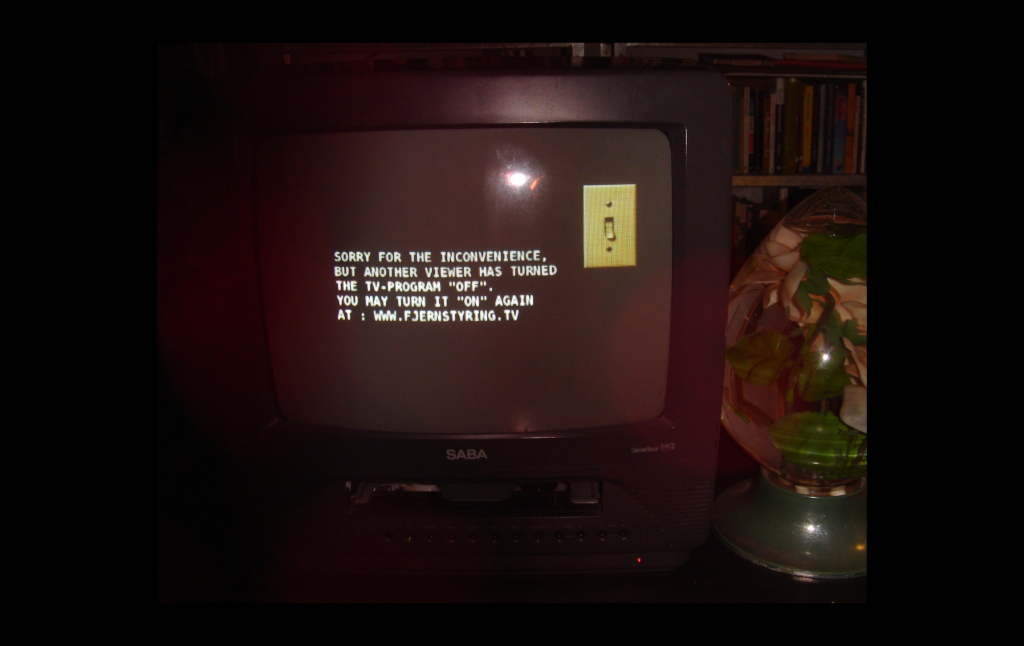Susan presented work in progress relating to the ongoing Living Archives project. Susan and other members of the Living Archives team had just recently returned from two presentations of their work. The first was a presentation by Susan on the topic “Performing Memory” at the LARM Audio Research Archive Conference on Digital Archives, Audiovisual Media, and Cultural Memory at the University of Copenhagen, Denmark. The second, AffeXity: Passages & Tunnels, was a socially enacted performance involving mobile phones, augmented reality and dance given at the Re-New Digital Arts Festival 2013, also in Copenhagen. Key themes in both the presentation and the performance are those of affect, bodies, performance, materiality and archiving, which Susan discussed further in this seminar.
What is an archive?
One issue which the Living Archives is working with is the question of “What is an archive?” Susan referred to Jacques Derrida’s addressing of this question in his book Archive Fever, the way in which definitions of archives can be understood as being policed by numerous actors and institutions in relation to any given subject matter. Archiving and the digitisation of archives has become a very hot topic across a range of fields both in academia and within society in general. The need to try to take stock of the current situation and ask why it is that our culture appears to experience a sort of crisis of memory at this particular moment? The Living Archives team is currently focused on approaching such issues not so much from the standard launching point of simply providing a digitisation solution for analogue material, but rather by exploring a variety of different archives and archiving practices, with one common theme being a focus on possible participatory modalities that both digital and other methods can enact with any given archive/archiving practice. The frameworks that open data movements provide have also been of particular interest to the group. Continue reading


